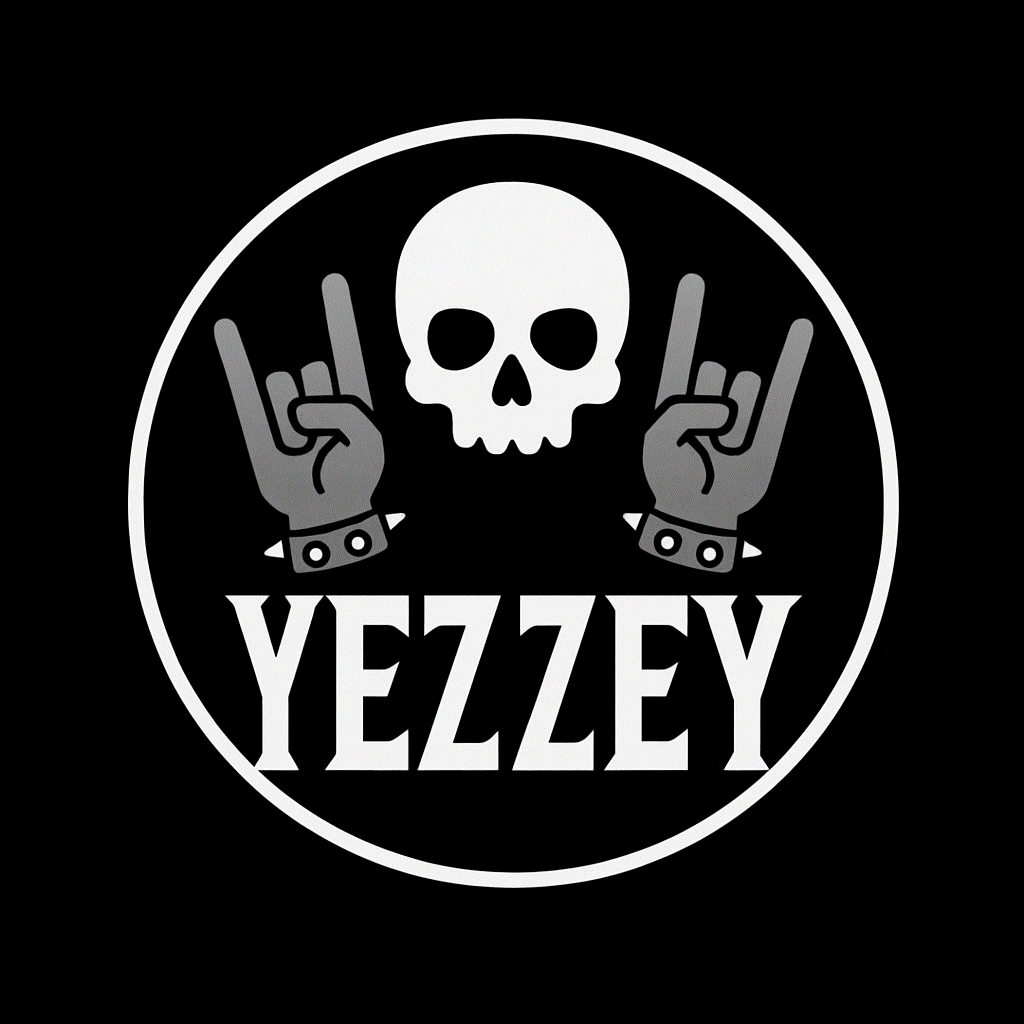cross-posted from: https://lemmy.ca/post/54239937
During the Great Depression, when banks foreclosed on farms, neighbors often showed up at the auctions together.
They’d bid only a few cents, and return the land to the family that lost it. Sometimes a noose hung nearby as a warning to outsiders not to profit from someone else’s ruin.
It was rough, but it worked, communities protected each other when the system wouldn’t.
If a collapse like that happened today, do you think people would still stand together or has that kind of solidarity disappeared? Could it happen again?


You are forgetting the collapse of the Weimar Republic and the rise of the Nazis.
https://www.britannica.com/event/Great-Depression
Their currency collapsed to the point, where a wheelbarrow of cash could not buy a bread.
I would say that is pretty significant.
That mostly has to do with the end of WWI and the reparations they had to pay. It happened near the same time, but not really related.
That isn’t true. France, for example, had to pay a larger indemnity after the Franco-Prussian war. It certainly didn’t help but blaming it all on a fairly standard post-war treaty is literally a relic of Nazi propaganda.
These events are interconnected and pretending the Great Depression didn’t affect economies world wide is revisionist nonsense.
???
The weymar hiper inflation happened almost 9 years before…
The great US depression was only a drop in a miriad of causes, it is not even in the top 3 of reasons of nazi getting the power.
https://en.wikipedia.org/wiki/Hyperinflation_in_the_Weimar_Republic
That’s also partly because they printed a ton of money for reparations for losing the first world war
A story my parents shared with me as a kid, allegedly from somewhere in family history was of an individual taking a wheelbarrow of cash to the store to buy a loaf of bread, heading inside and learning the price had further increased and upon returning outside finding the cash dumped in the street and the wheelbarrow gone since that was the (relative) valueble left unattended.